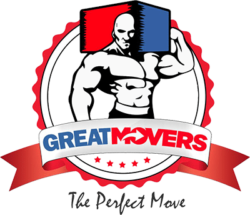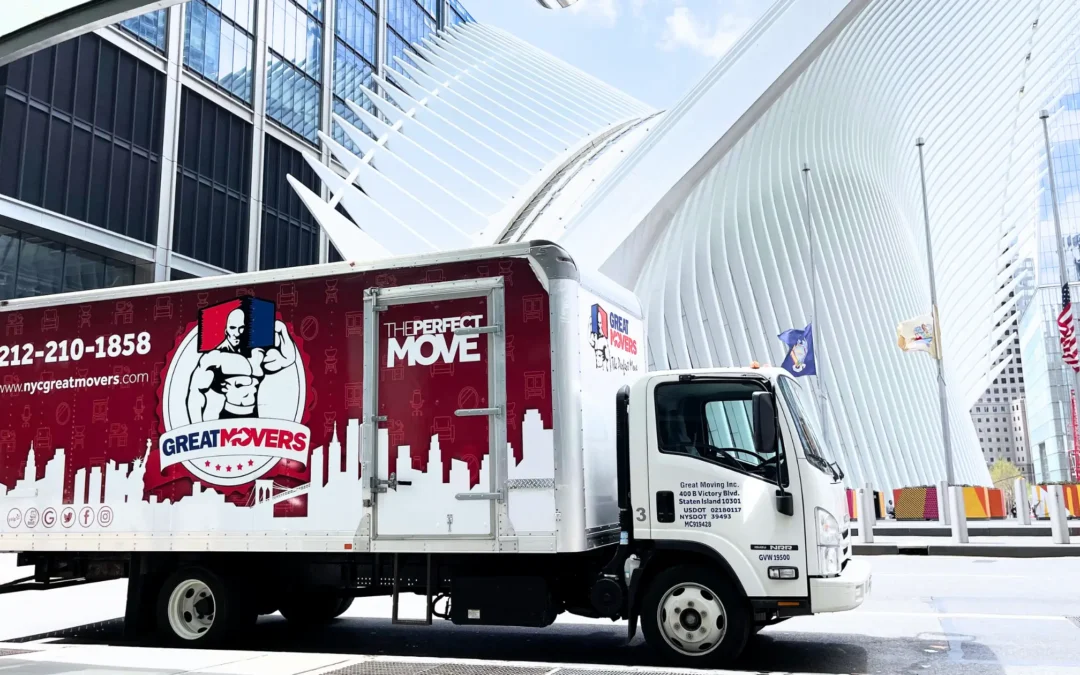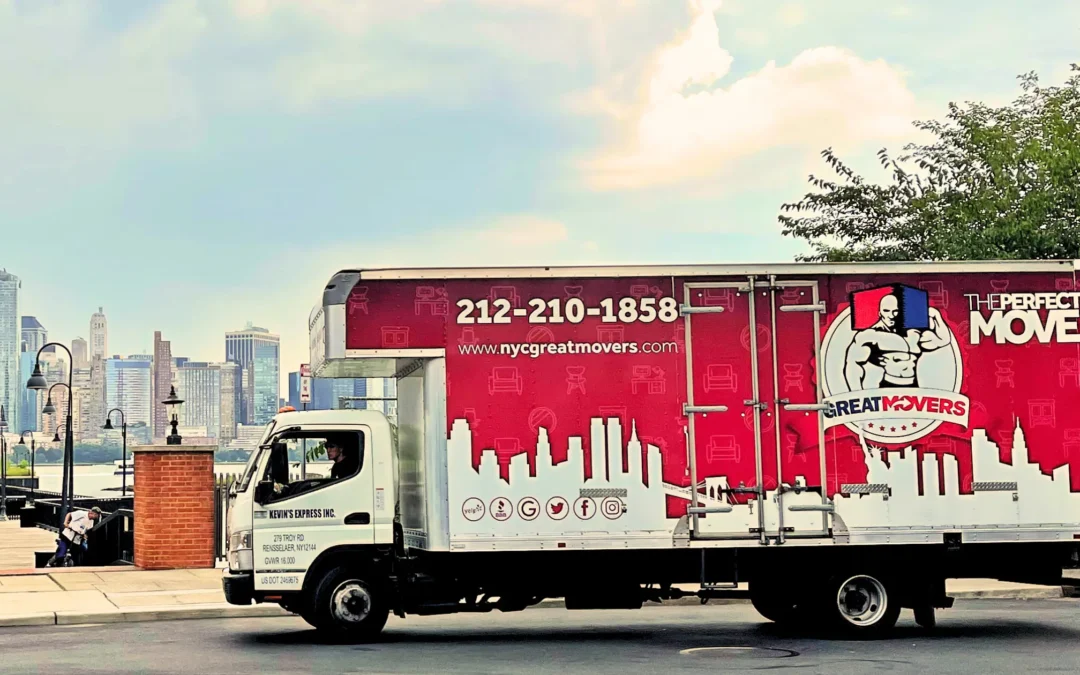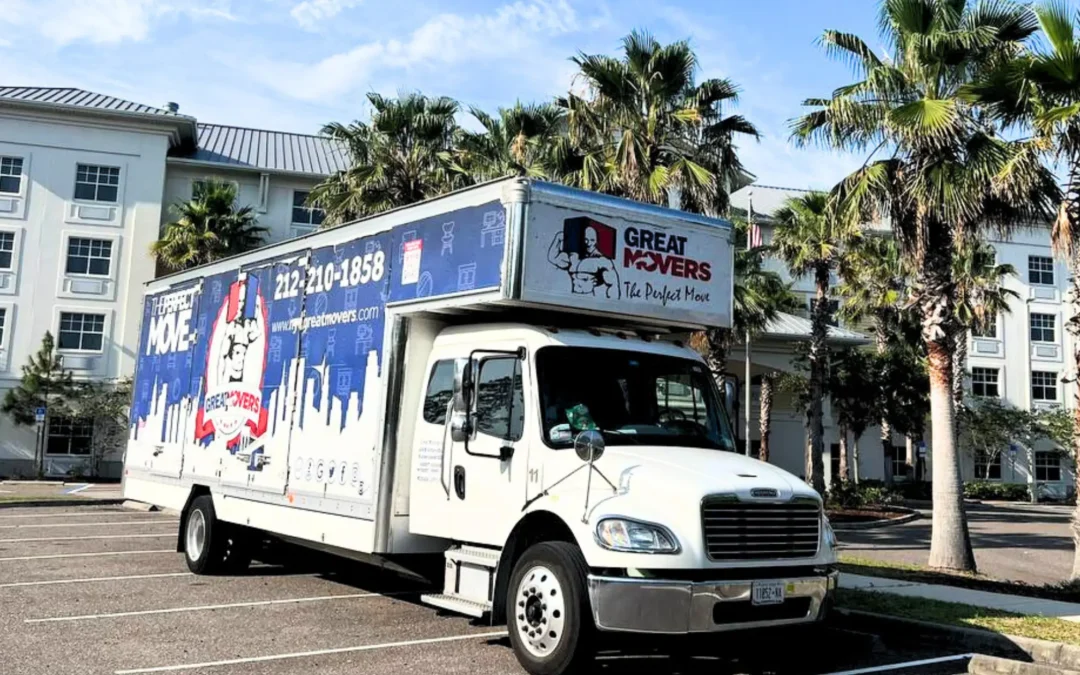Moving to a new office can be an exciting time for your business, but it can also be stressful. After all, you’re moving a lot of expensive and delicate items like computers, printers, conference tables, and sensitive documents. Plus, you don’t want to leave the heavy lifting to the employees. That’s a great way to end up in a lawsuit as one of your employees could get injured.
So how do you prepare for an office move and what can you leave up to the employees? Below are some useful tips that can help make your business move a breeze.
Create a Plan
This should go without saying, but you need to have a moving day plan. Much like residential moves, you don’t want to leave a business move to the last minute. The extent of your planning depends on the size of your office, what you’re moving, and how much you’re moving. Larger offices require more time. And if you’re moving a lot of heavy machinery/equipment, it will take even longer to plan.
Ideally, you should start planning your move three to six months in advance. This way you can take your time and create a detailed inventory of items you need to bring with you and the sequence in how you should move it. Make sure to include IT in your moving plan to reduce downtime. You’ll want IT systems up and running when your employees return for the first day of business in the new location.
You should already know the layout of your new office. However, it’s not a bad idea to visit the location before the move if possible. Bring someone from facilities and IT with you so you can create a cohesive floor plan. Mark where you want to place things like printers, conference tables, etc. and don’t forget to mark your employees’ desks so they know where to go after the move.
Take Stock of Your Equipment
There’s no better time to assess your business equipment than during a move. Take a look at what you have and see if it meets the needs of your business now and in the future. While it might not be feasible to throw out every single computer and replace it with a new one, you might be able to update things like your printer, scanners, etc.
Comb through everything. That includes equipment like tables, desks, chairs, filing cabinets, and so on. If you can, avoid hauling old office equipment from one place to another. Instead, opt for delivery of your new items after you move. If you’re getting new electronics, make sure IT is in the loop. That way, they can streamline tech hookup in the new office without any issues.
Research and Hire Experienced Movers
Not all professional moving companies are qualified to help with an office move. There are a lot of specialized items they need to handle such as server boxes, printers, cubicles, etc. Take your time and look for movers who have carried out similar office moves before. Most should advertise that they offer business services. Once you’ve whittled the number down to 5-6 options, call them up and double check to make sure they have experience moving office equipment. If you have specialty items, make sure to mention that in your initial call.
Once you’ve narrowed the number down further, ask them to visit your office for an estimate. You can also take this time to ask any other questions you might have forgotten. While the movers are there, take note of their professionalism and attitude. Everything put together can help you choose the perfect commercial moving company for the job.
Tell Your Employees
Now that you’ve finalized the details of the move, you will need to let your employees know the date of the move. Ideally, you should give them at least a few weeks to organize their desks and filing cabinets. Make sure to let them know if they will have the same amount of space or not. If they are going to have a smaller space, it’s important they know ahead of time so they can properly organize and dispose of items and files as necessary. Have your employees pack their desk in plastic bins to reduce unnecessary packaging waste when you move into your new office space.
You should also make sure IT and office services are on the same page as you for the move. IT will need to be on hand to ensure all of the servers, computers, printers, etc. are properly backed up and packed properly. Office services should help with unbolting and disassembling furniture. Not only will this save you time, it will also save the movers time which results in you saving money. Make sure office services keep track of all the nuts, screws, etc. for your furniture. This is as easy as putting them all in a plastic bag and taping it to the furniture they belong to.
Make an Inventory of All Your Items
Regardless of whether you end up hiring professional office movers or not (and you really should), an inventory list is an absolute must. Even if you run an office of one, you still want to make sure you have everything you need so you don’t throw anything out by accident.
A good inventory should contain all supplies and equipment you have on premises with information on how much you have and plan to bring with you. You don’t need to use complicated software to keep track, any spreadsheet software should work just fine. If you planned well enough in advance, you should also take the time to take pictures of everything you’re moving so you have a record of their condition.
If you’re using a moving company, chances are they will need an inventory list from you anyway, so by creating one ahead of time you’ll be saving everyone a lot of time. Make sure to print out a hard copy version of the inventory and have copies for everyone in charge of the move plus another one for the movers. You should also store the digital copy on your hard drive and cloud in case you lose the hard copy version. After all, no matter how good the movers are, they’re still human. Should something get damaged or left behind, you’ll want physical evidence of the item’s condition.
Pack and Label Everything
Packing is a crucial step when it comes to protecting your supplies and equipment. While you can hire professionals to pack for you it will cost you more money than if you did it yourself. The benefit is that the experts know exactly what they’re doing and can save you a lot of time and potential headaches. More importantly, if something gets damaged in transit, insurance will cover damages and/or loss.
Still, it’s not always feasible to hire a company to pack for you. In that case, get your employees to at least pack up their desk. That includes unplugging all electronic devices, taking care of leftover paperwork, and so on. Facilities and IT can pack up all the electronics, cabinets, tables, etc. To ensure they don’t get damaged during the move, make sure to have plenty of padding like bubble wrap or even moving quilts.
At the same time, make sure you label everything. You should utilize your floor plan to label exactly where each item should be placed in the new location. For employees, make sure you already have their plastic bins labeled with their new desk location. You can use color-coded labels or simply print out the information on a piece of paper and tape it to the boxes.
Don’t Stress Out
While that might be easier said than done, the tips above should make your next office move less stressful. Your best weapon against moving day stress is to hire professional and trusted movers. Movers who excel in corporate moves can help guide you through the entire process and provide hints and tips to get you on track.
FAQ
How much does an office relocation cost?
The cost depends on a lot of factors including, length of move, size of move, and distance of move. For a 2,500 square foot office, you could expect to pay at least $3,500.
Will movers help remove equipment my business no longer wants/needs?
Many will help remove any unused equipment. You just have to let them know and they will take care of it. Many movers will either put the equipment in their house or sell it to other people.
How long does an office move take
Much like the cost, how long the move takes is dependent on many factors. However, the actual move can take at least 6-8 hours. You can schedule the move over the weekend so long as both business locations allow access to the building and elevators on those days. Otherwise, you might want to schedule the move for a Friday and have your employees work from home.






